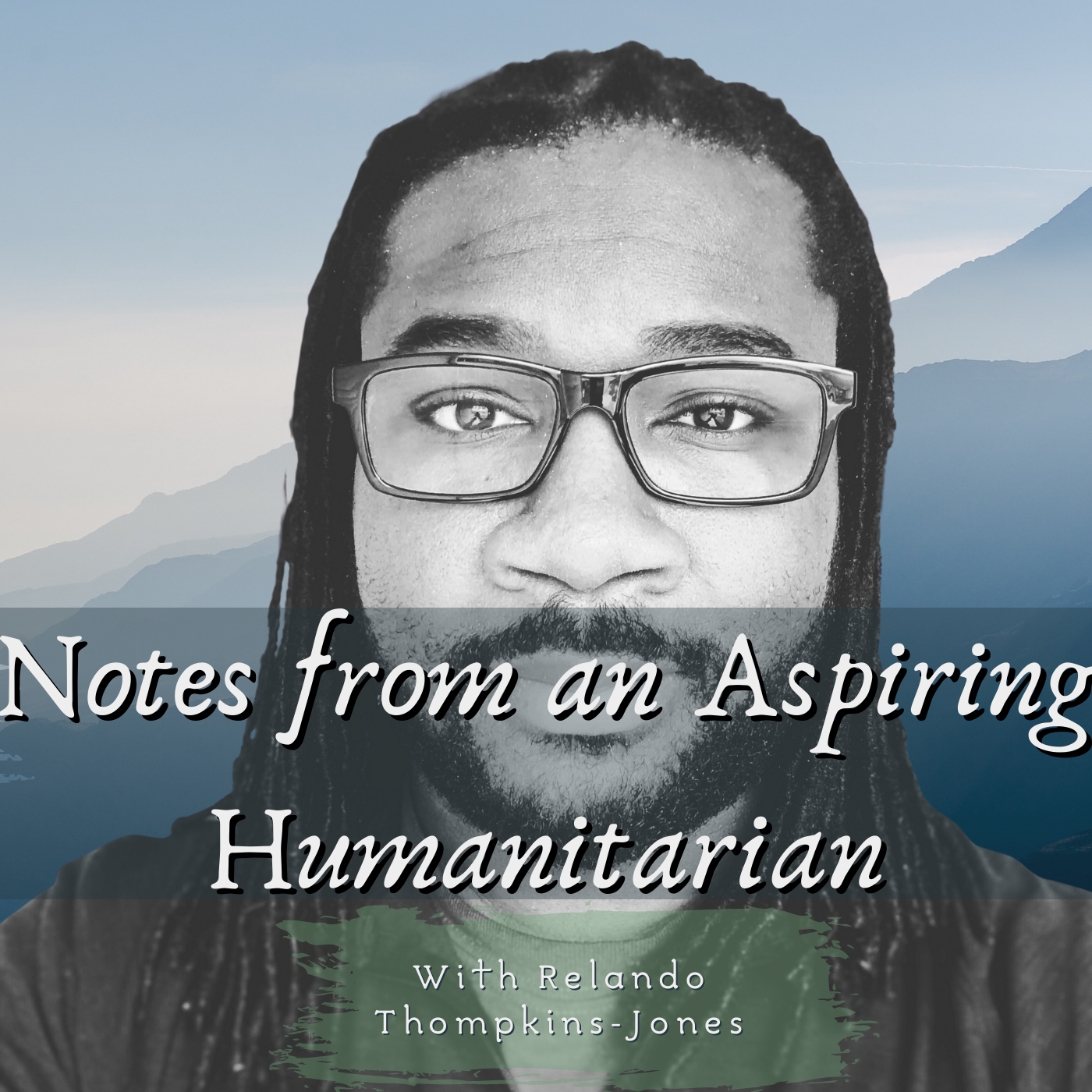Context

One common misconception that I encounter about intergroup dialogue is that it’s not happening unless we all agree.
I once worked with a person who, in my interpretation seemed to be very concerned with outward appearances. Although we both identified as Black men, this person was very much a believer in the politics of respectability. I disagree with that belief system, and feel that the keys to success should not be rooted in anti-blackness. Respectability to me, is very much rooted in ideology that blames marginalized people for their oppression.
“A tape-up and a nice tie won’t keep the bullets away from our black bodies. Pulling our pants up and aligning our values to the military sounds ridiculous on its face as well. Changing our aliases to more Euro-centric names might lead to more jobs, but won’t help us keep our jobs longer than our white counterparts, much less give us that elusive promotion. Staying up past our bedtimes won’t make us more resilient; if anything, lack of sleep would add more stressors to a community already suffering from a myriad of diseases and preventable conditions. Speaking in the King’s English won’t pause the school-to-prison pipeline and the lack of wraparound supports our schools need to survive the trauma associated with their lives.”
The disagreement created points of conflict within our shared work. One day we went to lunch, and began to talk to each other about why we started in the first place. Being intentional about listening to understand instead of listening to respond and critique created space for us to understand each other differently.
After taking some time to listen intently, I was reminded that, although we worked together with a shared goal in mind, what that looked like in practice was very different for each of us. After listening intently, I was able to receive the gift of context.

Although we still disagreed with one another, gaining this important context chipped away at the wall of distance and misunderstanding between us. Being able to talk about the reasons why we thought the way we did, and where we originally learned the belief systems we subscribe to lessened the distance and increased understanding.
While I still disagree, the additional context I gained allowed me to approach my work and communication with them with a more compassionate frame of mind than I might have had I gone with my unexamined triggered reaction.
One of the valuable gifts that dialogue can provide is context; the kind of context that can help us to question our perceptions, and to learn that others thinking can inform our own. We don’t all have to agree on opinions or ideology in order for dialogue to take place. What we do need to agree on however, is a commitment to learn from each other and communicate in caring ways.
From Aspiring Humanitarian, Relando Thompkins-Jones, MSW, LLMSW














